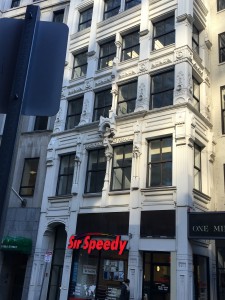Beer is proof that god loves us and wants us to be happy.
Although many people find the statement to be true, it’s credited author is most certainly false. There is no record of Franklin ever making such a remark. Franklin’s writings tell us about his thoughts God and happiness but unfortunately he doesn’t share his opinions on beer.
That being said, there is a Franklin quote that could be the origin of the famous beer line.
“Behold the rain which descends from heaven upon our vineyards, there it enters the roots of the vines, to be changed into wine, a constant proof that God loves us, and loves to see us happy.”
It’s easy to see the similarities to the famous quote but the fact of the matter is that Franklin seemed to prefer wine and never mentioned beer.
Despite the confusion of the author, it is still a very popular saying and can be found on all sorts of beer memorabilia at breweries all over the country.

Sources:
https://www.anchorbrewing.com/blog/say-what-says-who-benjamin-franklin-on-beer-or-not/
http://beer.about.com/od/historyofbeer/f/Did-Benjamin-Franklin-Really-Say-Beer-Is-Proof-That-God-Loves-Us-And-Wants-Us-To-Be-Happy.htm
Group: Zach, Tom, Rachel, Kally

